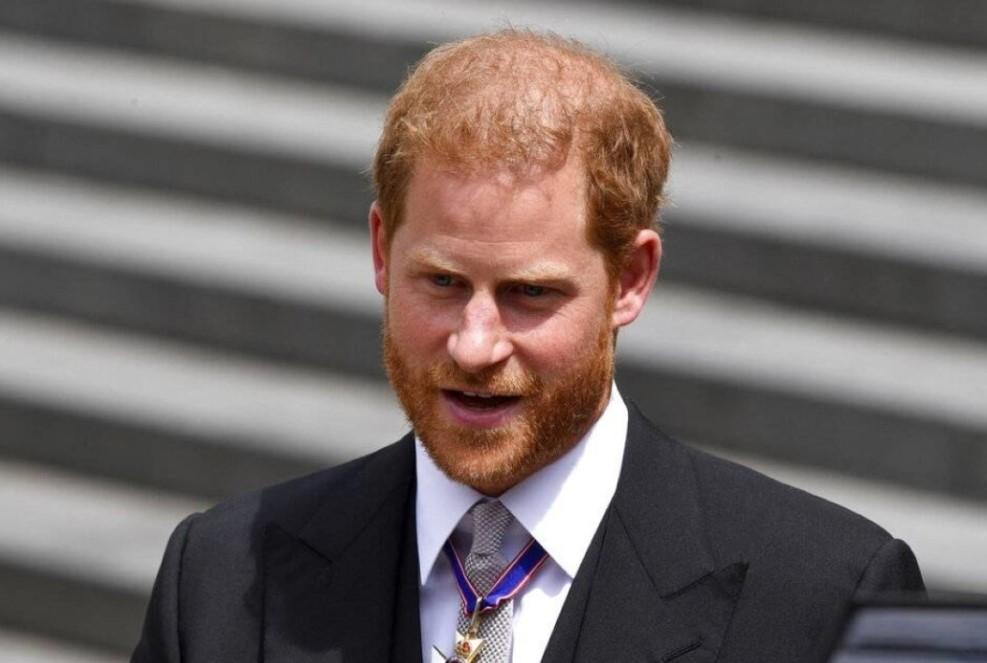
Lawyers for Prince Harry asked a judge on March 17 to rule that a tabloid newspaper libeled the British royal with an article about his quest for police protection when he and his family visit the U.K.
Harry is suing Mail on Sunday publisher Associated Newspapers Ltd. over an article alleging he tried to hush up his separate legal challenge over the British government’s refusal to let him pay for police security.
During a hearing at the High Court in London, Harry’s lead attorney asked Judge Matthew Nickin either to strike out the publisher’s defense or to deliver a summary judgment, which would be a ruling in the prince’s favor without going to trial.
Lawyer Justin Rushbrooke said the facts did not support the publisher’s “substantive pleaded defense” that the article expressed an “honest opinion.” He said the article was “fundamentally inaccurate.”
The 38-year-old prince wants to pay personally for police security when he comes to Britain, but the government said that wasn’t possible. Last year, a judge gave Harry permission to sue the government. That case has yet to come to trial.
Harry sued Associated Newspapers over a February 2022 Mail on Sunday article headlined “Exclusive: How Prince Harry tried to keep his legal fight with the government over police bodyguards a secret… then – just minutes after the story broke – his PR machine tried to put a positive spin on the dispute.”
Harry claims that the newspaper libeled him when it suggested that the prince lied in his initial public statements about the suit against the government.
In July, Nicklin ruled that the article was defamatory, allowing the case to proceed. The judge has not yet considered issues such as whether the story was accurate or in the public interest.
The publisher’s lawyer, Andrew Caldecott, said the argument by Harry’s attorneys amounted to “straitjacketing the newspaper’s right to comment.”
He said it was vital the media speak truth to power, and “speaking opinion to power is every bit [as], if not more, important,” as long as the opinion is based on facts.
At the end of the daylong hearing, the judge said he would rule at a later date.